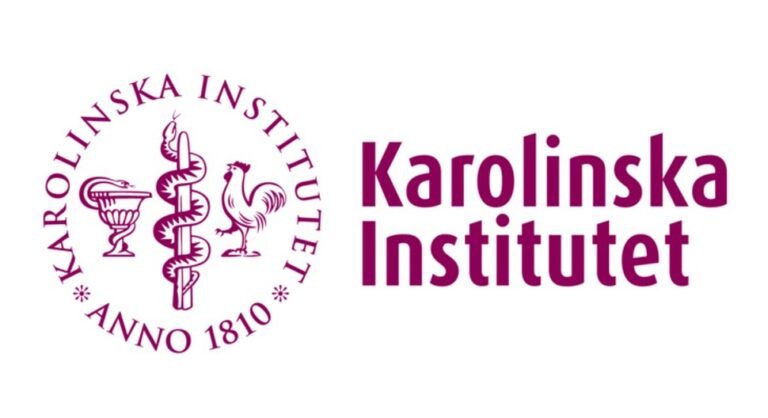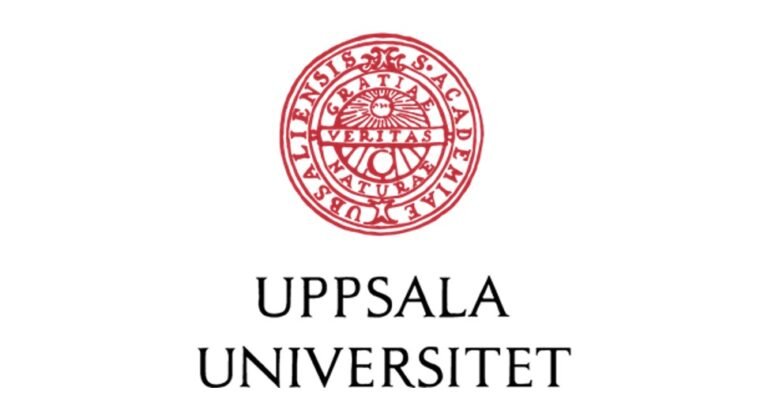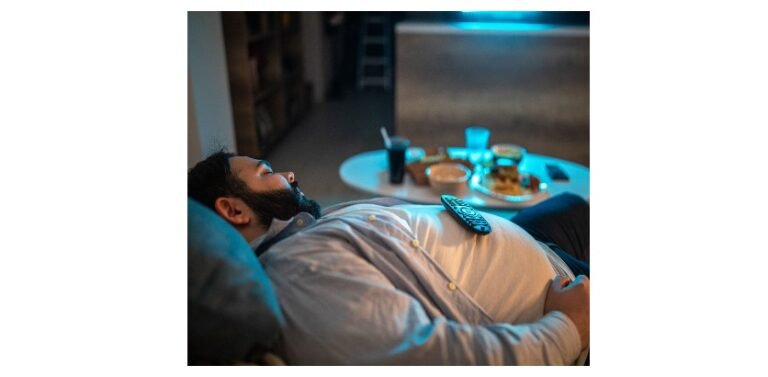The Department of Neurobiology, Care Sciences and Society (NVS) conducts world-leading research in aging, dementia, epidemiology and care sciences. The research ranges from basic research at the molecular and cellular level to clinical studies and research at the societal level. At NVS, approximately one third of KI’s students complete their undergraduate and graduate education. The department, with approximately 540 employees and a turnover of SEK 530 million in 2023, consists of seven departments and is located on Campus Flemingsberg and Campus Solna.
The Department of Physiotherapy’s main task is to conduct high-quality education and research within physiotherapy. Education is provided at undergraduate (physiotherapy program), advanced (master’s) and postgraduate levels. In addition, the department conducts several independent courses and commissioned training. The department has around 50 employees and around 20 registered doctoral students.
Do you want to contribute to improving people’s health?
Being a doctoral student means being admitted to a postgraduate education (doctoral training) where one follows an individual study plan. A doctoral student engages in a research project under supervision, supplemented by courses and other learning activities. A doctoral degree requires the equivalent of four years of full-time postgraduate education.
Research group
The doctoral student position is within the framework of the project ReCOV – Rehabilitation and care for COVID-19. The doctoral student will belong to the research group Function and health in respiratory and cardiovascular conditions. It is a group with other doctoral students, postdoctoral fellows and researchers with broad expertise in different areas. The doctoral student will have his/her workplace partly in the clinical environment at Karolinska University Hospital, partly at the Department of Physiotherapy, NVS in Flemingsberg. The research group focuses on long-term follow-up after COVID-19 and interventions for people with post-COVID. It has regular meetings and seminars and the department organizes journal clubs for doctoral students.
You will also have contacts in the clinical environment in the multidisciplinary and interprofessional team. The doctoral student will be part of the Graduate School of Health Sciences (FiH) | Karolinska Institutet.
The doctoral project and the doctoral student’s tasks
The doctoral student will work on the project “Long-term recovery and health-related quality of life after COVID-19” The research project aims to describe recovery over five years after COVID-19 regarding function, participation in activities of daily living (ADL), physical function and mental health, and to identify factors associated with work ability and health-related quality of life (HRQoL). Furthermore, to describe experiences of support, care and rehabilitation over time, and to describe the use of health care and rehabilitation, identify different courses and analyze the effects of rehabilitation and which interventions are beneficial for certain health problems.
This doctoral thesis uses different designs and methods, such as a longitudinal observational study, register data and interview study on experiences of rehabilitation and support in post-covid. Some data has already been collected, but it also includes data collection. The role of the doctoral student is to actively participate in the entire project, analyze and lead/coordinate certain parts and carry out data collection, analysis together with assistants and others in the project group. You will present results by writing scientific articles and participating in conferences and other contexts where research is disseminated. This project is a large collaborative project, which means collaborating and interacting with different parties.
Teaching and supervision of bachelor’s students may occur. As a doctoral student in the Graduate School of Health Sciences, you also participate in courses and activities organized by the graduate school.
What do we offer?
A creative, international and inspiring environment filled with competence and curiosity. Karolinska Institutet is one of the world’s leading medical universities. Here we conduct successful medical research and have the largest range of medical education in Sweden. At KI you will meet researchers with different research areas working together. It is this cross-border collaboration that contributes to KI’s world-leading position in research. As a doctoral student, you are offered an individual research project, a well-trained supervisor, a wide range of elective courses and the opportunity to work in a successful research group. Karolinska Institutet has collaborations with prominent universities all over the world, which provides opportunities for international exchanges. As an employed doctoral student, you receive a contractual salary, you are allowed to exercise freely in our modern health care facilities and you are reimbursed for medical care.
Eligibility requirements for doctoral education
To participate in the selection for a doctoral position, you must prove both the basic (A) and the specific (B) eligibility requirements before the application period closes.
It is your responsibility as an applicant to prove your eligibility by following the instructions on the Eligibility for Doctoral Education webpage.
A) Basic eligibility requirements
You meet the basic eligibility requirements for doctoral education if you:
- have completed an advanced level degree (Master’s or Doctoral degree), or
- have completed course requirements of at least 240 higher education credits, of which at least 60 higher education credits are at advanced level, or
- has otherwise acquired essentially equivalent knowledge.*
Follow the instructions on the Eligibility for doctoral education webpage .
*If you consider yourself to have equivalent knowledge, you should follow the instructions on the website Assessment of equivalent knowledge for basic eligibility for doctoral education.
B) Special eligibility requirements
You meet the specific eligibility requirements for doctoral education if you:
– Certifies knowledge of English (equivalent to English B/English 6 at high school with a passing grade).
Follow the instructions on the English language requirements for doctoral education website.
Document verification Karolinska Institutet checks documents to detect forgeries. Karolinska Institutet reserves the right to revoke admission decisions if forgeries or irregularities are detected. Submission of false documents is a violation of Swedish law and is considered grounds for legal action.
Skills and personal qualities
We are looking for someone who can collaborate well in a multidisciplinary and cross-professional team, and at the same time take your own initiative to seek knowledge and develop independence. Have good communication skills and the ability to work productively and in collaboration with relevant social actors and researchers. As a person, you are flexible, efficient, accurate and well-articulated in speech and writing. You are a motivated person with an interest and drive to conduct research, be organized and structured and ambitious.
It is advantageous to have:
- previous experience in research and knowledge of data collection, handling large amounts of data and more advanced statistical analyses
- a relevant background, such as a master’s degree in occupational therapy, physiotherapy, nursing, psychology, social work, or equivalent
- professional experience from healthcare, for example as a physiotherapist, occupational therapist, counselor, dietitian, speech therapist, or psychologist.
It is a requirement to have:
- very good knowledge of Swedish and English, both spoken and written, as the project involves communicating and interviewing patients and analyzing text in Swedish and English, as well as writing, presenting and publishing scientific texts in Swedish and English
- Swedish identification in health professions, for example as a physiotherapist, occupational therapist, counselor, dietician, speech therapist, or psychologist.
Emphasis will be placed on personal skills in the selection process.
Terms
The doctoral position involves employment as a doctoral student for a maximum of 4 years full-time.
Application
You apply for the doctoral position in the recruitment tool Varbi. Use the button at the top right and follow the instructions. We prefer that your application is written in English, but it is also possible to apply in Swedish.
Your application should include these documents:
– A personal letter and curriculum vitae
– Any degree theses and publications
– Other documents that prove the skills and qualities requested above
– Documents that prove the basic eligibility requirement (see A above)
– Documents that prove the specific eligibility requirement (see B above)
Selection
Selection among eligible applicants will be made based on their ability to benefit from postgraduate education. An overall assessment of the applicants’ qualifications and suitability will be made.
The following assessment criteria are applied at Karolinska Institutet:
– Documented subject knowledge of importance to the research area
– Analytical skills
– Other documented knowledge/experience that may be of importance to the current doctoral education
All applicants will receive information when the recruitment is completed.
Do you want to make a difference – and contribute to better health for all? Apply to Karolinska Institutet
The Department of Neurobiology, Care Sciences and Society (NVS) conducts world-leading research in aging, dementia, epidemiology and care sciences. The research ranges from basic research at the molecular and cellular level to clinical studies and research at the societal level. At NVS, approximately one third of KI’s students complete their undergraduate and graduate education. The department, with approximately 540 employees and a turnover of SEK 530 million in 2023, consists of seven departments and is located on Campus Flemingsberg and Campus Solna.




